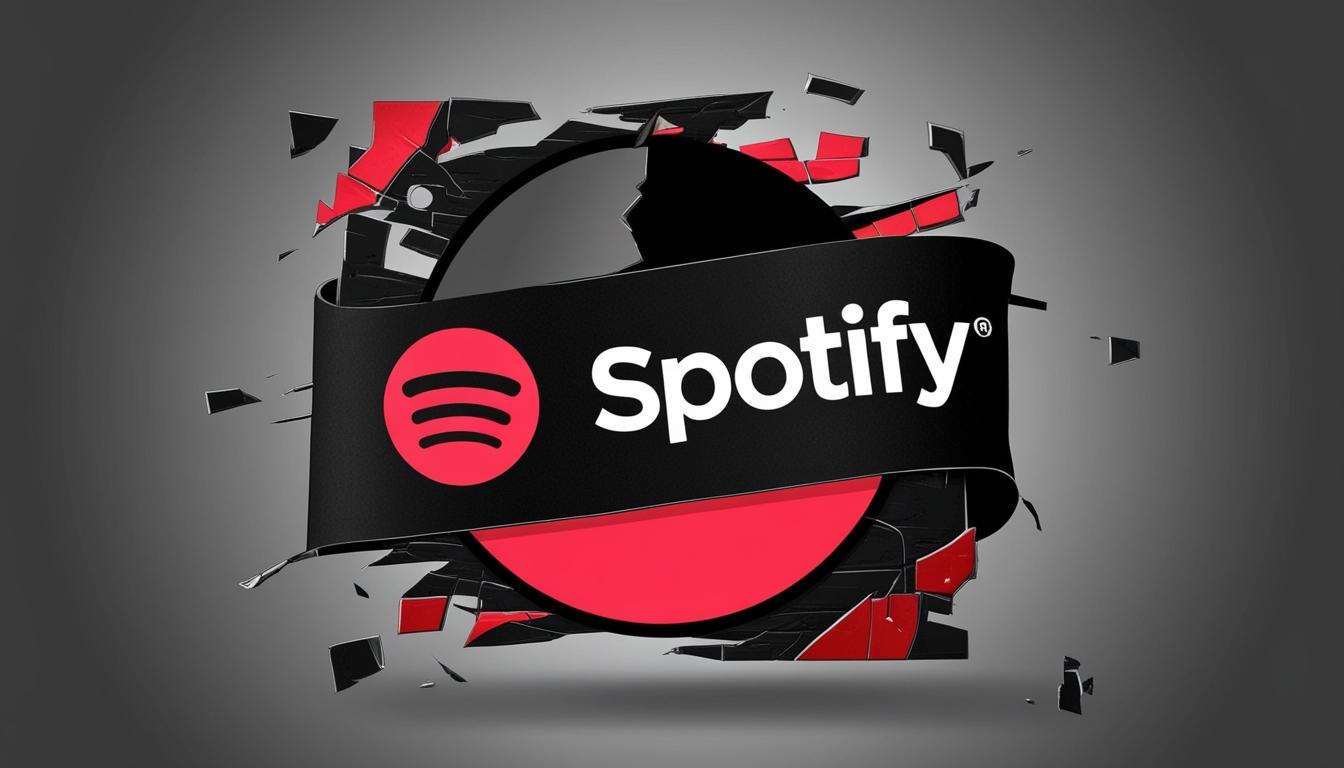Spotify fans were left disappointed following the reveal of its annual Spotify Wrapped feature for 2024, with many users describing the efforts as uninspired and lacking authenticity. This year's offering faced particular scrutiny from Reddit users who accused it of being composed of ‘AI-generated slop’. They specifically pointed to the use of fictional genres like “Pink Pilates Princess Strut Pop” as indicators of generative AI influence. Additional dissatisfaction arose from the introduction of Spotify's Wrapped AI podcast feature, where artificial intelligence hosts summarised users' statistics, which reportedly failed to resonate with the audience.
Historically, Spotify Wrapped has been an effective marketing tool, credited with enhancing brand loyalty through highly personalised user experiences, a concept that was notably initiated by an intern. However, recent feedback suggests that the essence that made Wrapped engaging and relatable may have been lost, as there appears to be a disconnect between the technology and user expectation.
Spotify is not the only brand grappling with the implications of integrating AI into creative endeavours. Coca-Cola's recent Christmas advertisement, an homage to its 1995 classic "Holidays are coming," faced its own backlash over the use of AI in its production. Despite collaborating with three AI studios to create AI-generated visuals of animals and iconic red lorries, the advertisement was labelled ‘soulless’ and accused of lacking creativity, raising questions about the ethical considerations of such undertakings.
The trend of brands facing criticism for AI-generated content is growing. Companies like Toys "R" Us and film production company A24 have both encountered public backlash for employing AI in advertising and promotional materials. The Labour Party also faced scrutiny for a TikTok video featuring AI-generated imagery. These incidents highlight a broader issue: many brands appear to misunderstand the effective application of AI in creative contexts.
As brands increasingly embrace AI technology, there is a clear risk of alienating loyal customers if the outcomes are perceived as generic or lacking substance. The marketplace is witnessing a rising intolerance among consumers towards poorly executed AI initiatives. The mishaps this year reflect a pressing concern for businesses as they navigate the integration of AI; poor choices in applying this technology can easily transform dedicated supporters into vocal critics.
While the use of AI in creativity is challenged, there remains potential for its application in specific areas. Generative AI, while not a substitute for human ingenuity, could be effectively utilised for automating routine and low-value tasks, thereby allowing teams to devote their efforts to higher-value, strategic initiatives. To harness AI’s full benefits, businesses must prioritise the quality and governance of their data, ensuring that it is accurately labelled and securely managed.
The increasing prevalence of AI within various industries may lead to further instances of poorly received content, as indicated by current trends. However, brands that learn from the missteps of others can leverage AI effectively to enhance their offerings rather than become cautionary tales. Spotify’s 2024 Wrapped may not have met user expectations, but if the company can adapt and refine its approach, this could pave the way for improved experiences in future iterations.
Source: Noah Wire Services
